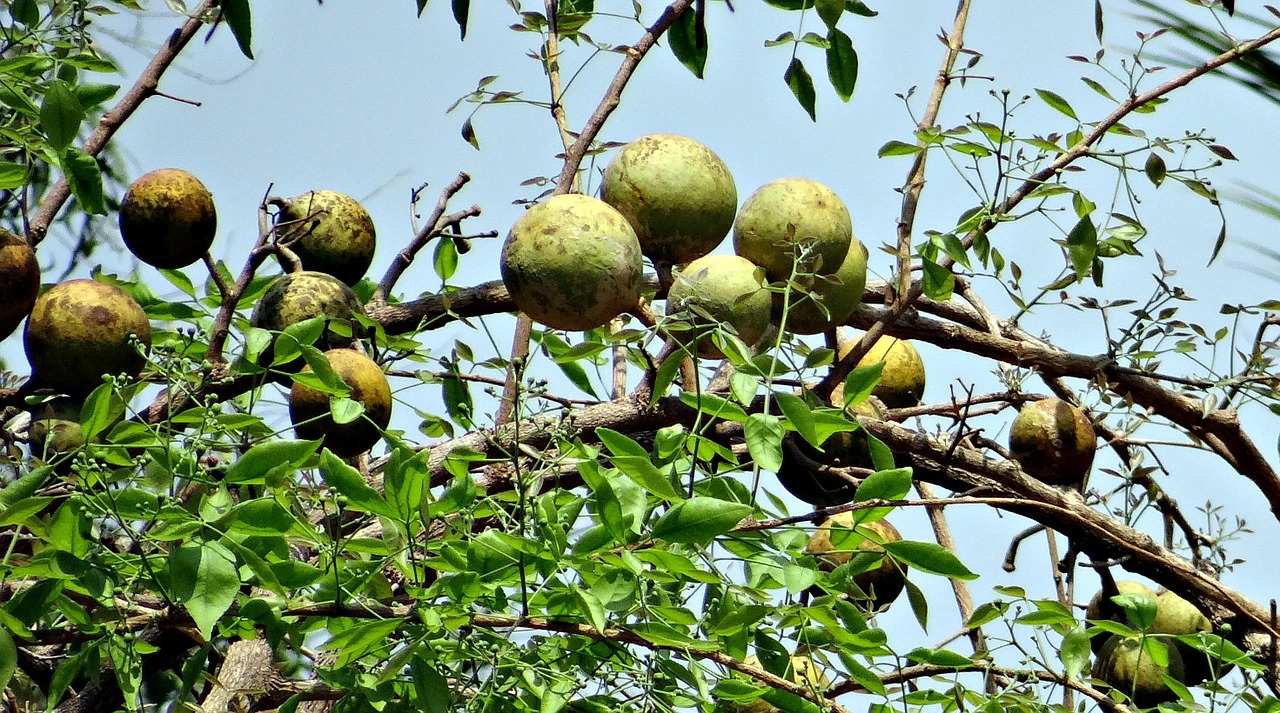
Cost-Effective and Indigenous Personal Protective Suit to Combat COVID-19
- News
- 1.5K
Health-care workers across the nation are at high risk, as they have to work in a high viral load environment. To safeguard medical personnel deployed in COVID-19 treatment clinics, the National Aerospace Laboratories (NAL) has developed cost-effective and quality-certified fabric-based personal protective suits. NAL, along with MAF Clothing Private Limited, has developed these suits.
“The major advantages of these coveralls are that they are highly competitive in price as compared to other manufacturers and the import content is negligible,” Jitendra J Jadhav, Director, CSIR-NAL. The cost of the product is 500-600 rupees per piece as compared to those available in the market at 2000-3000 rupees per piece.
“We found polypropylene spun-laminated, multi-layered non-woven fabric as the best material for making the coverall or suits after testing a lot of fabric materials,” said Dr. Harish C Barshilia, Chief Scientist, NAL.
The non-woven fabrics are engineered fabrics that may have a limited life. Although it can be used only once, the fabric stands the test of durability very well. Known for its sterility, non-woven fabrics also have the ability to repel liquids, absorb, bar bacteria. The joints of the suits have been sealed with innovative manufacturing processes by using slide machines so that neither blood nor a virus can penetrate the coverall.
In the first week, 5000 units would be manufactured, in the second to the third week, the production would be scaled up to 10,000 to 20,000 units. CSIR-NAL and MAF, Bengaluru, have plans to augment the production capacity to about 30,000 units per day within a period of four weeks.
Dr. Jadhav said that the South India Textile Research Association (SITRA) team worked round the clock for this national cause by accelerating the testing process. The coveralls have gone through stringent testing at SITRA, Coimbatore, and have been qualified for use. (ISW)
If you liked this article, then please subscribe to our YouTube Channel for the latest Science & Tech news. You can also find us on Twitter & Facebook.


